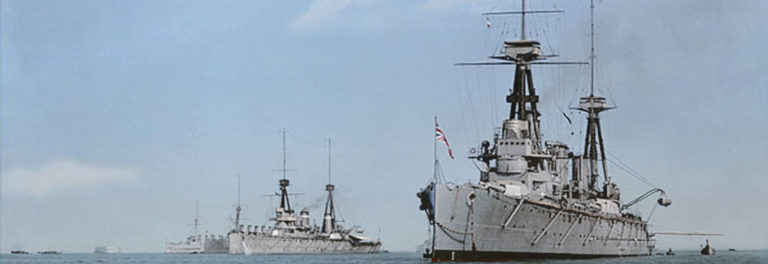
How important to you is historical accuracy? What’s the interaction between fact and fiction in a good World War II thriller? I know you do a lot of research for your books.

That holds true as a reader, and as a watcher of TV series or movies. If you look at it in those terms, there’s limitless scope-if you’ve got the curiosity and the right mentality-to go in whichever direction you want. It occurred to me, as I wrestled with my agent and tried to find a new publisher for a change of genre direction, that the Second World War had been the biggest crime scene ever. My writing career took a long detour into crime fiction.

The question is why that fascination has been sustained. When I became a writer, I belatedly recognised that this war and the fact that things happen to people-these are plot-led thrillers-became all important. Most of those books had emerged from the Second World War, and they began to fuel my appetite for reading about it. I used to haunt the Clacton-on-Sea library, and I’d come back every weekend with armfuls of books. However, what is incontestable is that things happen to people in wars. I know a lot about wars from my years as a maker of TV documentaries. My mum had been in London under the bombing, and she’d spent many nights in various shelters. That was evident to me, even as a child, and in fact it was the period of his life that he most treasured when he got older.

He’d been in the RAF and had quite an exciting time. My dad had fought in that war, as most dads had.


 0 kommentar(er)
0 kommentar(er)
